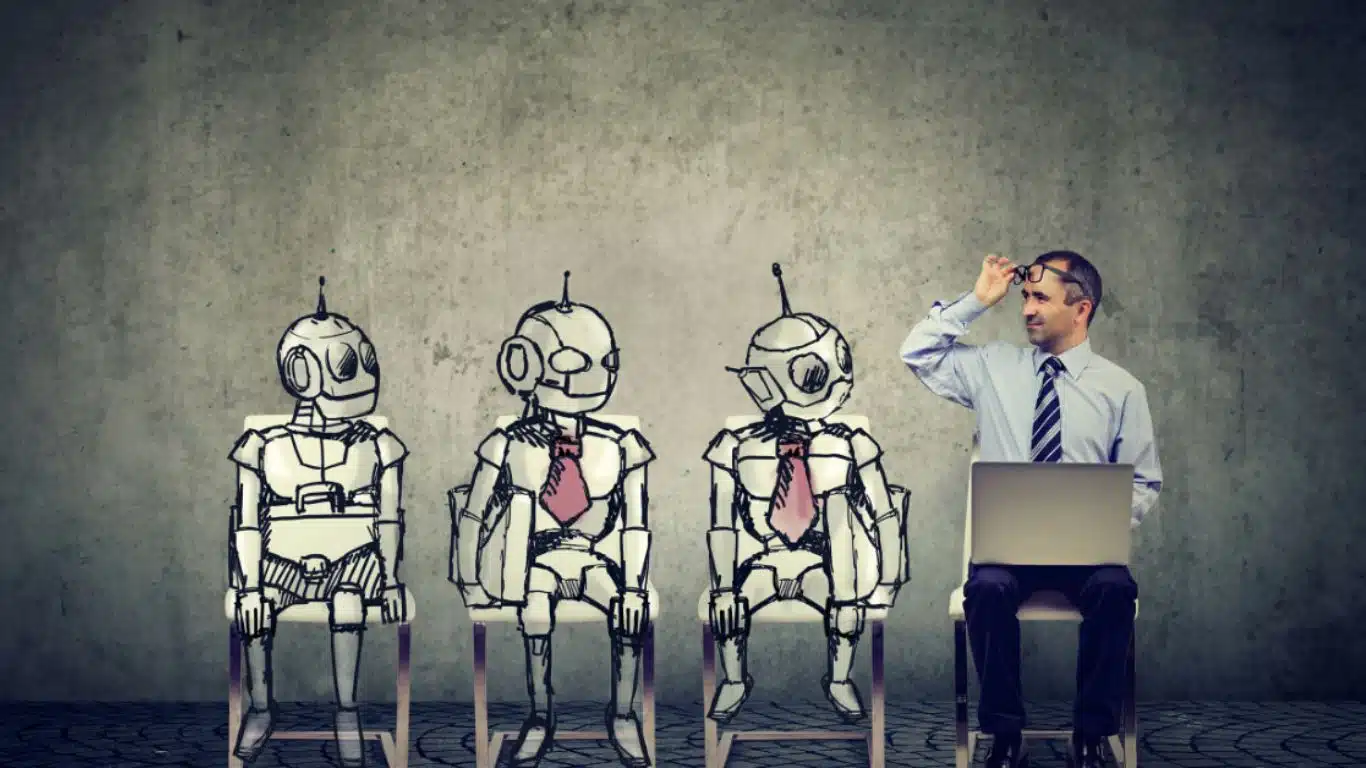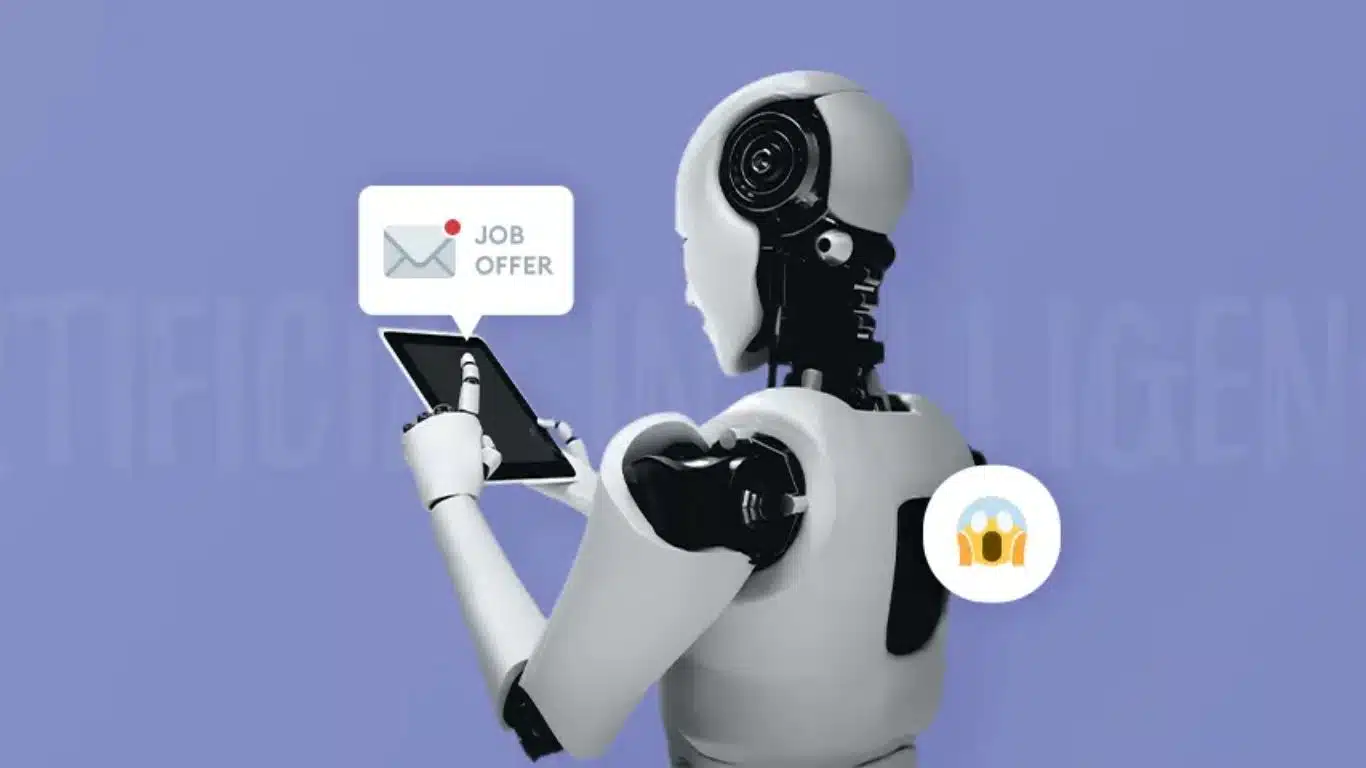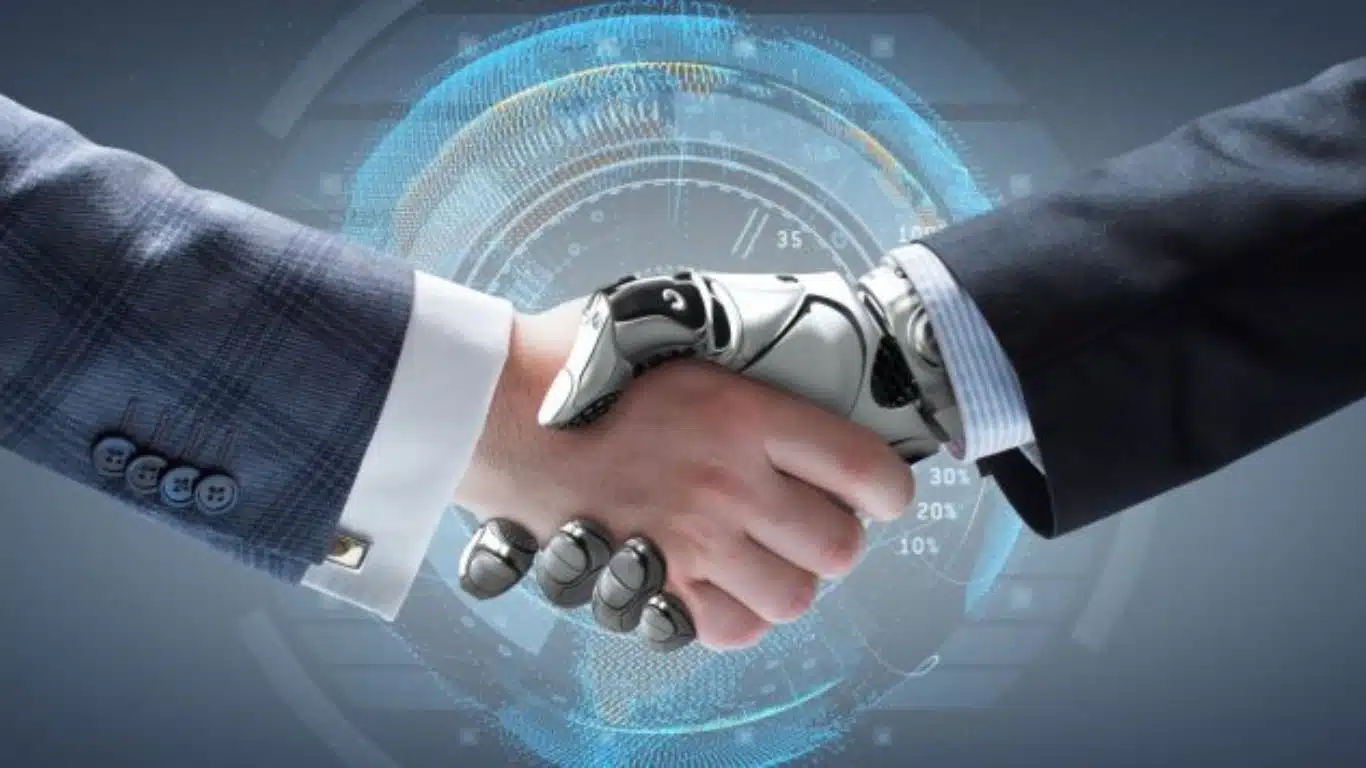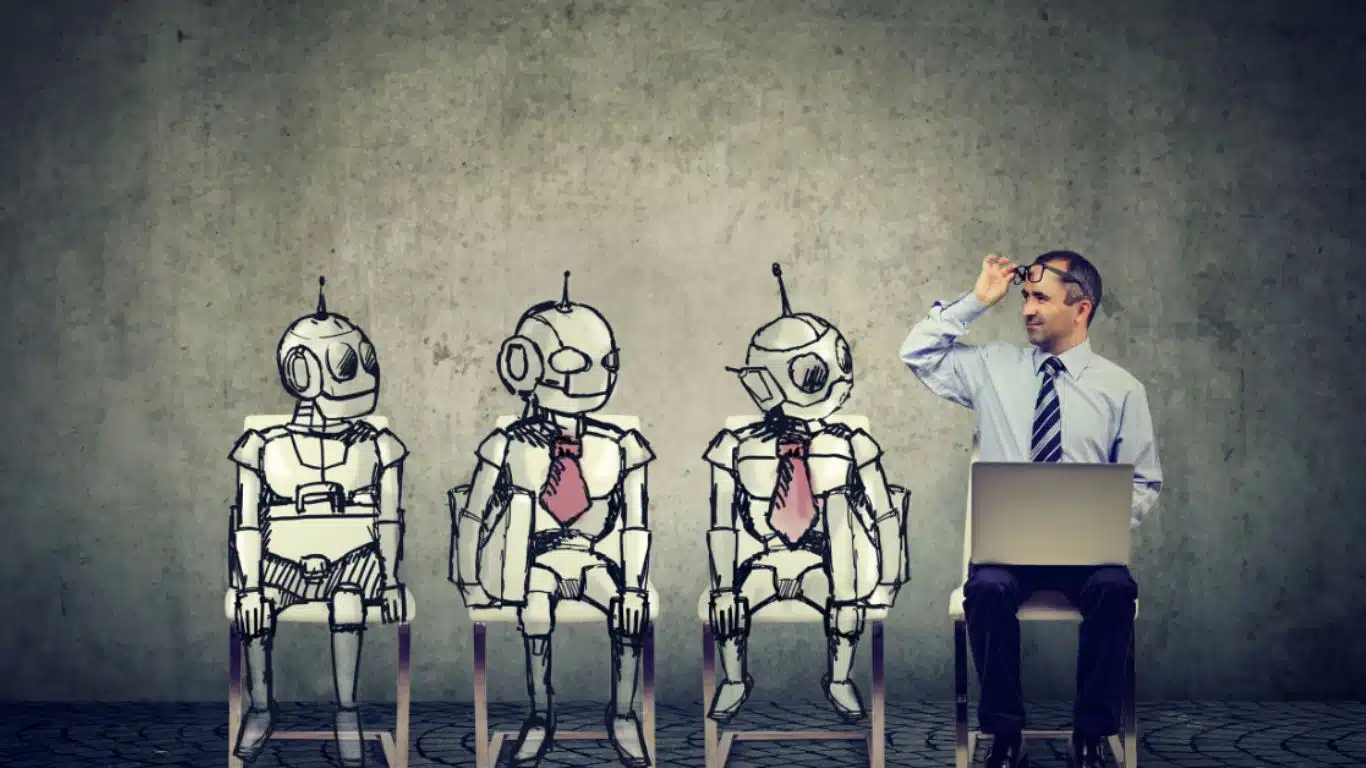As the world continues to advance technologically, we’re seeing incredible breakthroughs in fields like artificial intelligence (AI). However, with this progress comes a natural human tendency to fear what we don’t understand. Indeed, humans have a tendency to be afraid of what they don’t understand, and AI is no exception to this. Despite the many potential benefits of AI, including improved efficiency and better decision-making, many people still view it with suspicion and fear. In this article, we’ll explore why humans fear AI, the potential benefits of this technology, and how we can work to overcome our fear and harness its power for good.
Humans Have a Tendency to be Afraid of What They don’t Understand, and AI is no Exception to this
What is AI?

Before we dive into why humans might be afraid of AI, it’s important to first define what we mean by AI. Artificial Intelligence refers to machines or computer systems that can perform tasks that typically require human intelligence. AI systems are designed to analyze data, recognize patterns, and make decisions based on that information. This can be done through various techniques, such as machine learning, deep learning, and natural language processing.
AI is not just some abstract concept; it has become a part of our everyday lives. AI is used in recommendation systems that suggest products for us to buy or movies to watch, it powers virtual assistants like Siri or Alexa, and it helps us avoid traffic on our commutes. In healthcare, AI is being used to diagnose diseases, develop new treatments, and improve patient outcomes. In short, AI is a rapidly evolving field that has the potential to transform many aspects of our lives.
Reasons why humans fear AI

Despite the potential benefits of AI, many people are still afraid of it. Here are some reasons why:
- Lack of understanding: AI is a complex and technical field, and many people simply don’t understand what it is or how it works. This lack of understanding can lead to fear and mistrust of AI.
- Fear of job loss: One of the most significant concerns about AI is that it will replace human workers. As AI becomes more advanced, some worry that machines will be able to do many jobs better and more efficiently than humans can, leading to unemployment.
- Science fiction and media portrayals: Popular culture has often depicted AI as dangerous or malevolent. Movies and TV shows often show robots or computers turning against their human creators or wreaking havoc on society. These depictions reinforce fears about the potential dangers of AI.
- Privacy concerns: AI often relies on vast amounts of data to learn and make decisions. Some people worry that this data could be misused or that AI systems could be used to violate people’s privacy.
- Lack of control: As AI becomes more advanced, some worry that we will lose control over it. They fear that machines will become too powerful and make decisions that we can’t understand or anticipate.
It’s important to note that many of these fears are rooted in misconceptions or misunderstandings of what AI is and how it works. As we’ll see in the next section, there are also many potential benefits of AI that we should consider.
Potential benefits of AI

While there are certainly reasons to be cautious about AI, there are also many potential benefits that we should consider. Here are just a few examples:
- Improved efficiency: AI can perform tasks more quickly and accurately than humans can. This can lead to improved efficiency and productivity in a wide range of industries, from manufacturing to finance to healthcare.
- Medical applications: AI is already being used in healthcare to help diagnose diseases, develop new treatments, and improve patient outcomes. For example, AI algorithms can analyze medical images to help detect cancer or other conditions earlier than traditional methods.
- Environmental benefits: AI can help us reduce waste and energy usage. For example, AI can optimize energy usage in buildings by predicting how much energy will be needed and adjusting heating and cooling systems accordingly.
- Better decision-making: AI can help us make better decisions by analyzing data and identifying patterns that we might not be able to see on our own. This can be useful in a wide range of contexts, from business to public policy to personal finance.
- Increased safety: AI can be used to improve safety in a variety of ways, from detecting fraud to predicting natural disasters. For example, AI can analyze data from seismic sensors to help predict earthquakes and give people more time to prepare.
These are just a few examples of the many potential benefits of AI. It’s clear that AI has the potential to transform many aspects of our lives for the better, and it’s important that we consider these benefits as we navigate the challenges and risks associated with this powerful technology.
Overcoming fear of AI

Given the potential benefits of AI, it’s important that we find ways to overcome our fear of this technology. Here are some steps we can take:
- Education: One of the best ways to overcome fear is through education. By learning more about AI, how it works, and what it can do, we can demystify the technology and gain a better understanding of its potential benefits and risks.
- Transparency: Companies and organizations that develop and deploy AI systems should be transparent about how their systems work and what data they are using. This can help build trust with users and alleviate fears about the misuse of data.
- Regulation: There is currently a lack of regulation around AI, which can lead to concerns about how it is being used. Developing clear regulations and guidelines for AI can help ensure that the technology is used ethically and responsibly.
- Collaboration: AI is a rapidly evolving field, and it’s important that we work together to develop and deploy it in a responsible and beneficial way. This means involving a diverse range of stakeholders, including technologists, policymakers, and ethicists, in the development and deployment of AI systems.
- Ethical considerations: Finally, it’s important to consider the ethical implications of AI. This means thinking about how AI is being used, who it benefits, and who it might harm. It’s important to develop AI systems that are fair, transparent, and accountable.
By taking these steps, we can begin to overcome our fear of AI and harness its potential to improve our lives in meaningful ways. It’s important to approach AI with caution, but also with an open mind and a willingness to explore its potential benefits and risks.
Conclusion
In conclusion, it’s clear that humans have a tendency to be afraid of what they don’t understand, and AI is no exception to this. However, by learning more about AI, understanding its potential benefits, and taking steps to address concerns about its use, we can overcome our fear of this powerful technology and harness its potential to transform our world. While there are certainly risks and challenges associated with AI, there are also many opportunities to use it in ways that can improve our lives, from healthcare to the environment to public safety. By approaching AI with caution and an open mind, we can ensure that we are using this technology in a responsible and beneficial way.
Also Read: Top 10 Game Development Companies In India








